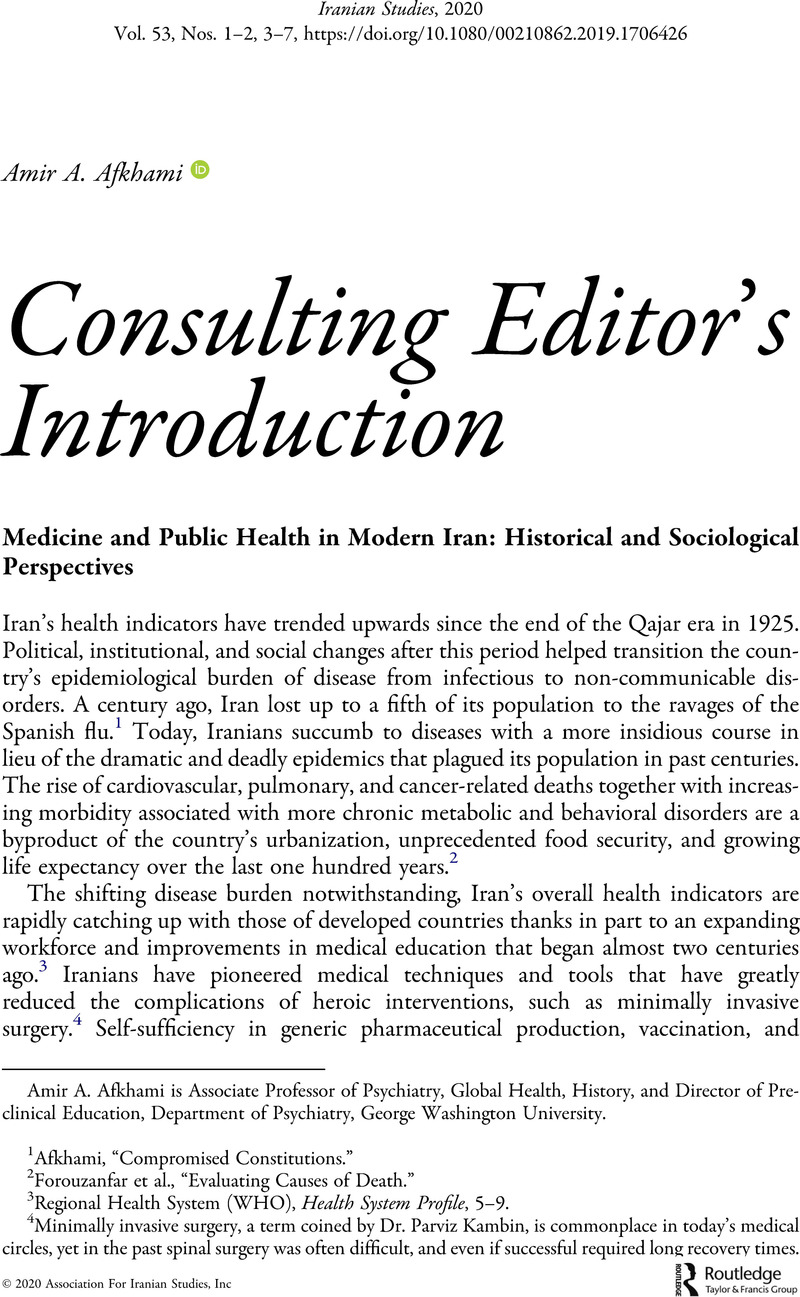Crossref Citations
This article has been cited by the following publications. This list is generated based on data provided by Crossref.
Shafiei, Elham
Nademi, Arash
Mozafari, Ali Ashraf
Bastani, Elham
Kokhazadeh, Taleb
Yousefi, Kosar
and
Sahebi, Ali
2020.
The Epidemiology of Limb Fractures in Children Admitted to an Emergency Department in Western Iran.
Iranian Red Crescent Medical Journal,
Vol. 22,
Issue. 7,



